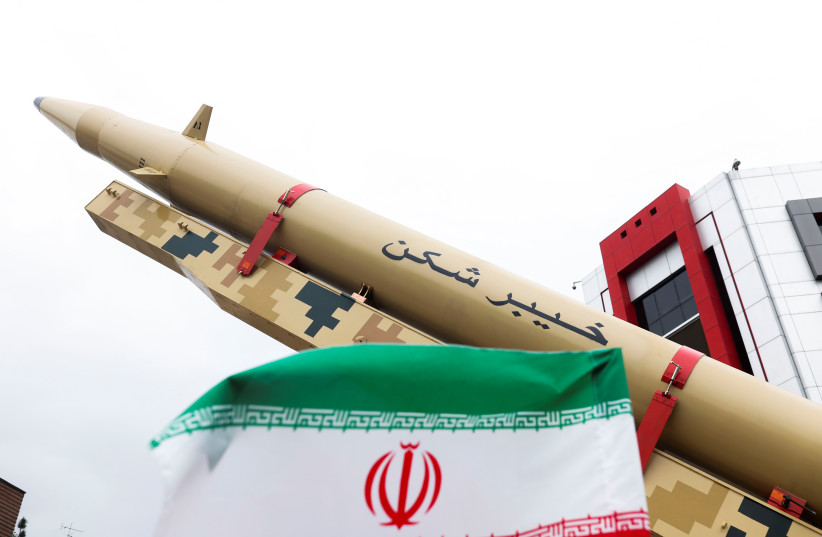Iran's nuclear chief on Wednesday dismissed a suggestion that the head of the International Atomic Energy Agency (IAEA) Rafael Grossi would visit Iran next month but instead invited Grossi to a conference in Tehran in May.
Grossi said this week Iran was continuing to enrich uranium well beyond the needs for commercial nuclear use and said he planned to visit Tehran next month to tackle "drifting apart" relations between the IAEA and the Islamic Republic.
But Mohammad Eslami said a visit next month was unlikely due to a "busy schedule" without giving further clarification. "Iran's interactions with the IAEA continue as normal and discussions are held to resolve ambiguities and develop cooperation," he said at a weekly press conference in Tehran.
Eslami said Grossi had been invited to attend Iran's first international nuclear energy conference in May.
Iran is still enriching uranium at an elevated rate
Speaking to Reuters on Monday, Grossi said while the pace of uranium enrichment had slowed slightly since the end of last year, Iran was still enriching at an elevated rate of around 7 kg of uranium per month to 60% purity.

Enrichment to 60% brings uranium close to weapons grade, and is not necessary for commercial use in nuclear power production. Iran denies seeking nuclear weapons but no other state has enriched to that level without producing them.
Under a defunct 2015 agreement with world powers, Iran can enrich uranium only to 3.67%. After then-President Donald Trump pulled the US out of that deal in 2018 and re-imposed sanctions, Iran breached and moved well beyond the deal's nuclear restrictions.
The UN nuclear watchdog said the 2015 nuclear deal "is all but disintegrated."
